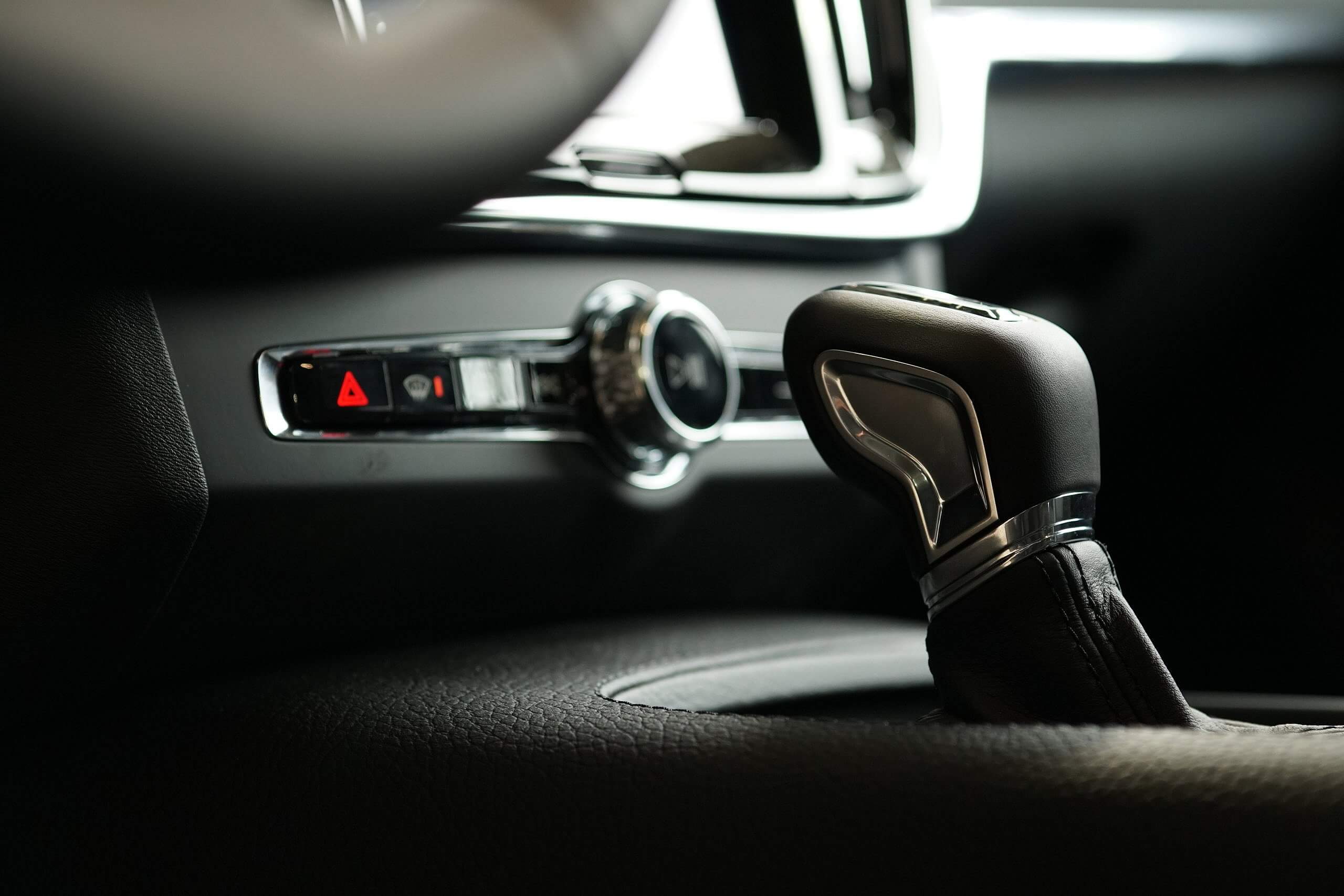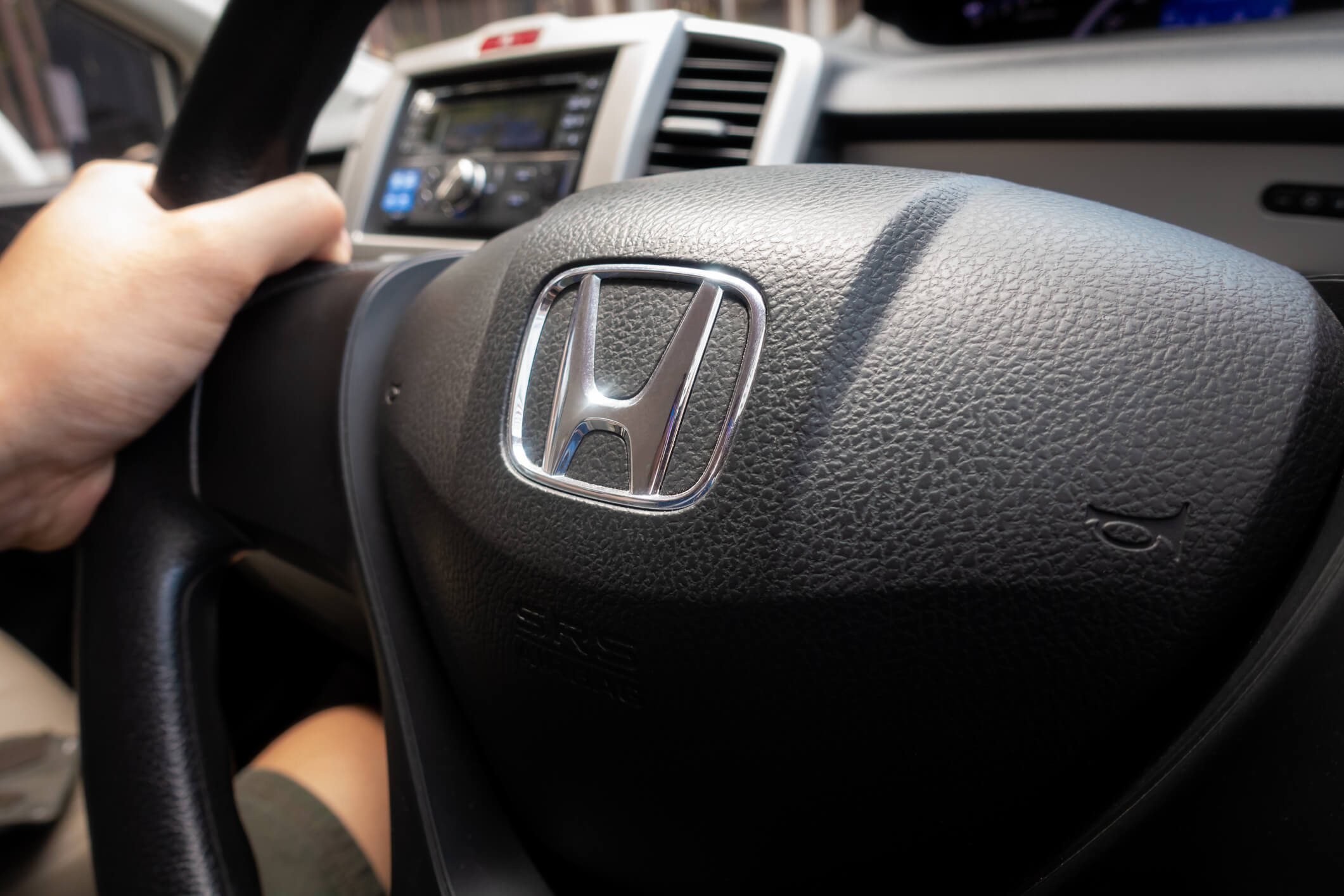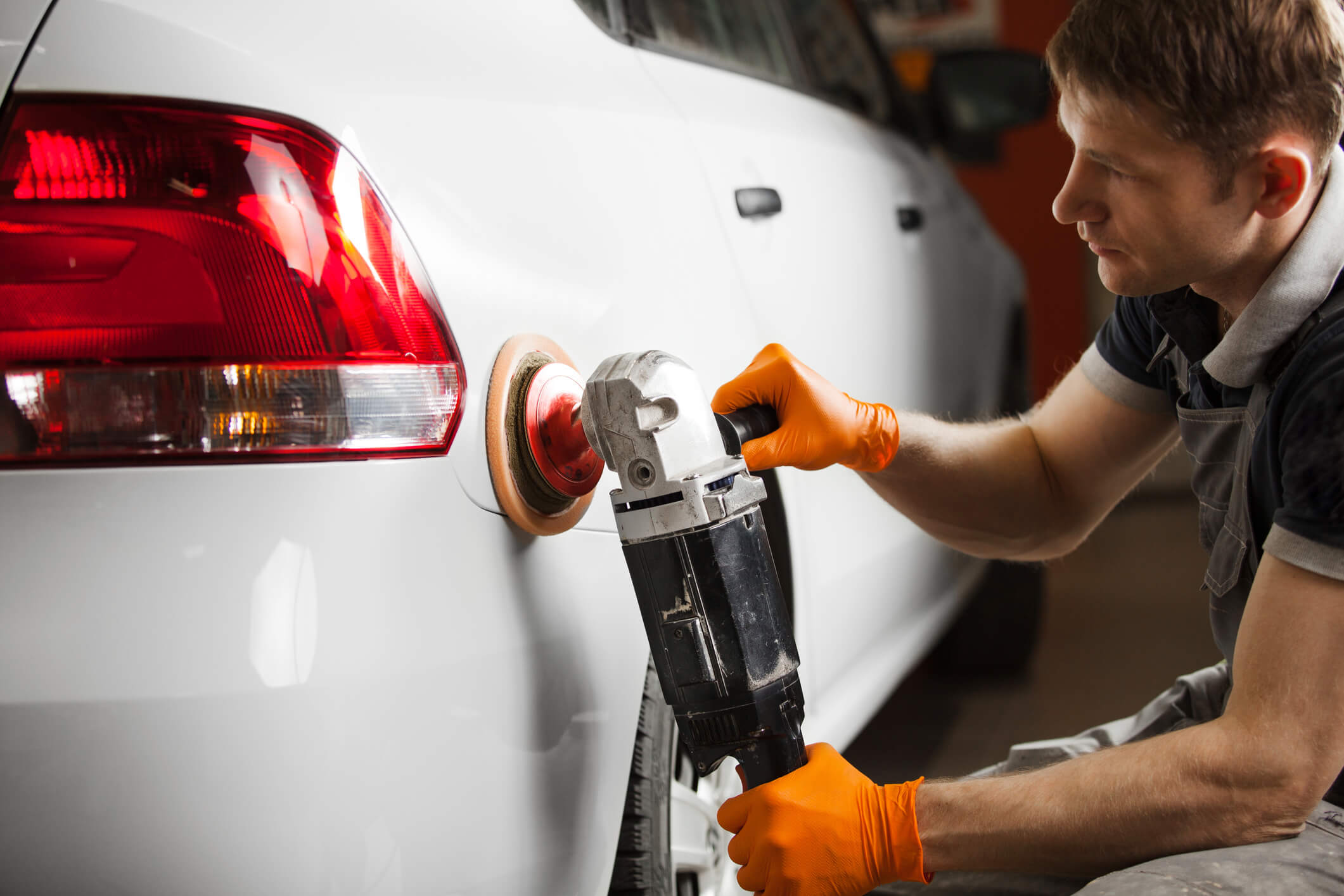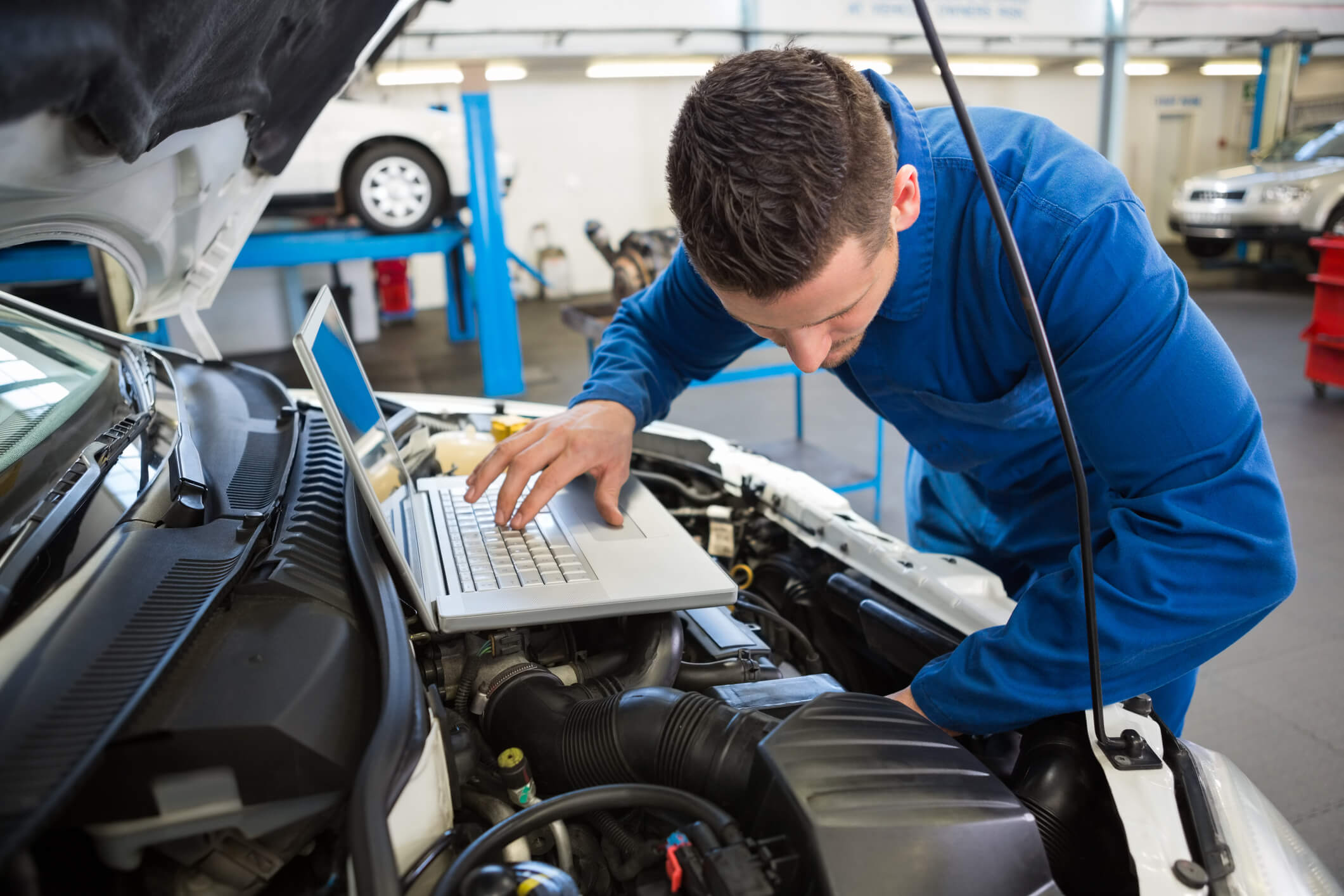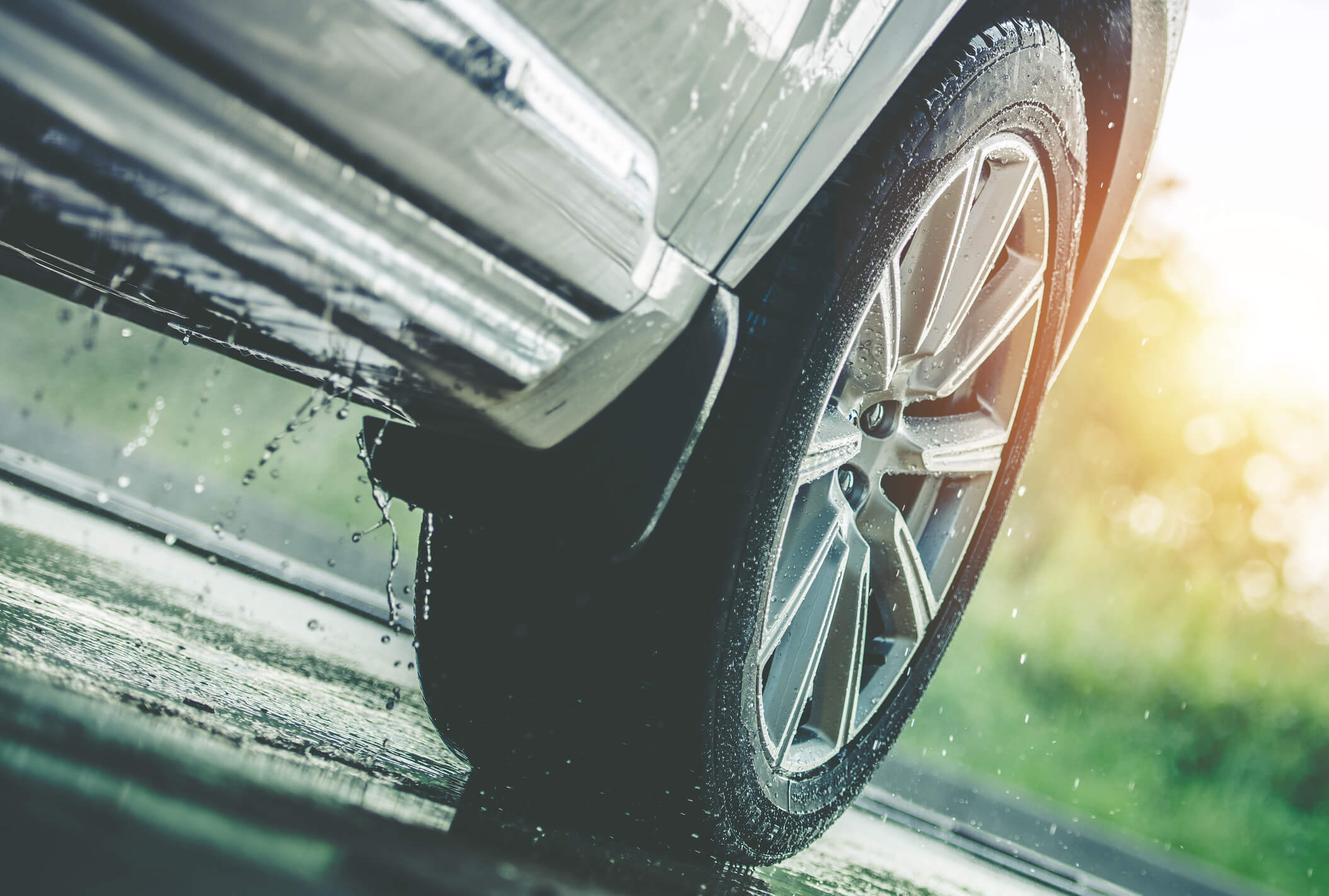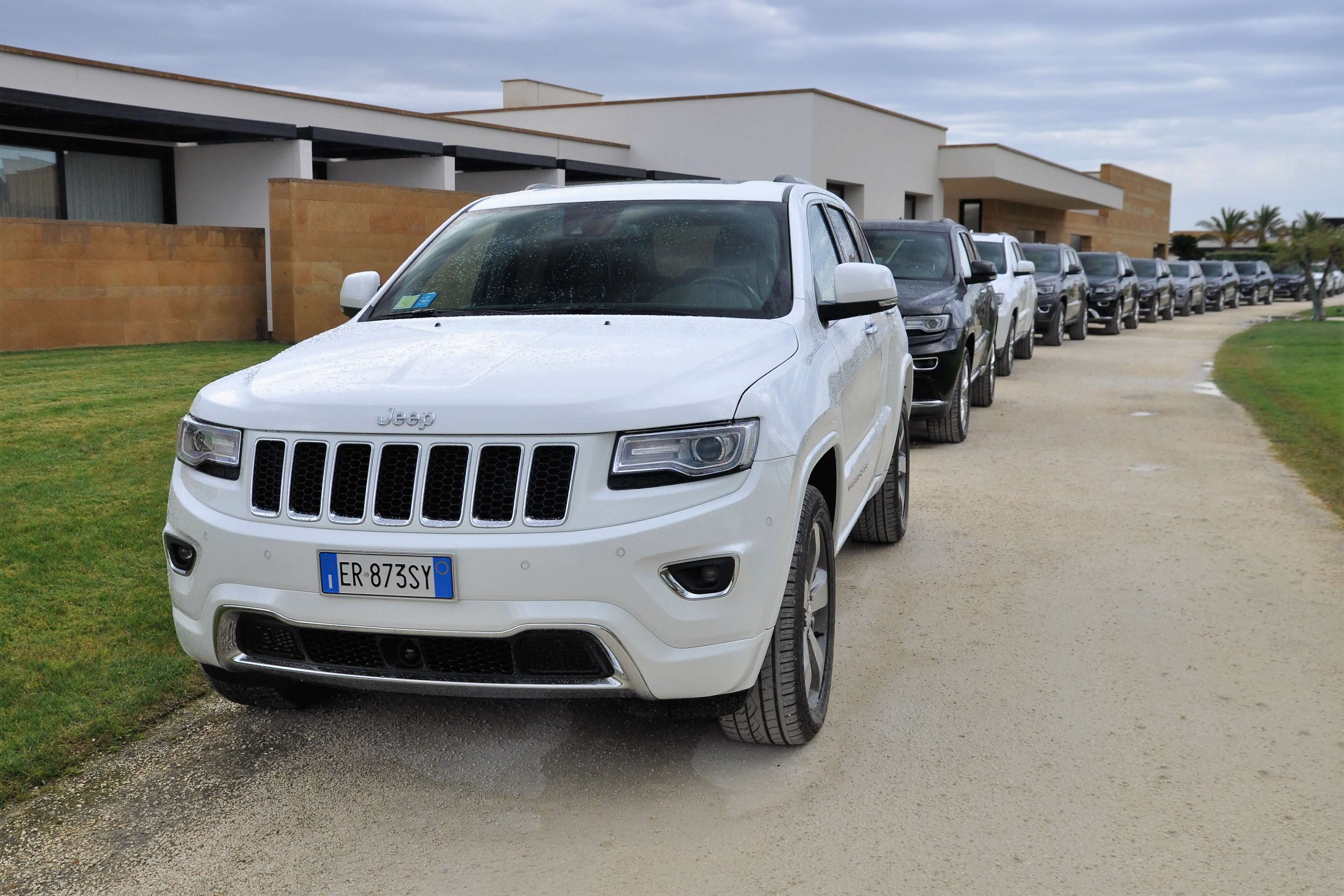By: Michael H. Rosenstein
CCA’s attorneys are receiving more and more complaints regarding defective automatic emergency braking systems (“AEB Systems”). These defective systems have been identified in various models across different brands. The problems impacting vehicles with this new technology are grave and require a solution immediately. Poorly designed AEB systems are responsible for a number of accidents and near-miss cases. Large automobile manufacturers such as Toyota, Volkswagen, Honda, and others have fallen prey to this problem. Fortunately, California’s strong lemon laws provide solutions to consumers when automakers are unable to appropriately warrant their AEB Systems.
What is an AEB System?
The Automatic Emergency Braking System is a preventive technology that aims to reduce and protect the vehicle from fatal crashes. The system works by scanning the road using cameras/radars to detect the possibility of collisions with another object. Studies have shown that an AEB is not 100% effective in all situations, however; if designed properly, it is designed greatly reduces the risk and the severity of the impact.
What Are Some Signs of a Defective AEB System?
A defective AEB could cause your car to exhibit any one of the following signs:
- Stalling – The car would slow down unexpectedly without the driver pressing the brakes and no obstacles in front of the car. The AEB should not be active if the car is under 10-15 MPH, so unexpected stalling in places like parking lots or garages could be caused due to a defective AEB.
- Sudden Stop – The car would stop abruptly without the driver’s influence. This could happen when the AEB sensor is obscured or defective. If the sensor detects an object right ahead and the car is above a certain speed, it would brake the car suddenly to prevent a possible collision. A defective sensor would produce erroneous readings causing the car to react unpredictably.
- Difficulty Starting The Vehicle – The car could have trouble starting up. As in, the car would switch on and the engine would start normally, but it would turn right back off after a few seconds. This could be due to a defective AEB that is turning off the car expecting an imminent collision.
Over the years, a number of customers have expressed their concerns over faulty AEBs and the risks that come with it. The 2018 Volkswagen Atlas, notably has multiple complaints regarding a faulty AEB. Almost all the complaints cite that the car sudden and unexpected braking. A Volkswagen Atlas customer complained, “The car stops on its own while driving, all lights on dash illuminate, and the car starts again as if nothing happened”.
Another customer complaint stated, “The Atlas automatic braking system took over and put my car to a complete stop on the highway and I was unable to apply the gas to keep going until I put the car in park, shut off the car and restart”.
Many of the complaints regarding the Atlas exhibited a common theme: the system only activates when the car is traveling faster than 10MPH and is traveling down a slope that levels out. Another complaint stated that the AEB sensor is pointing straight out parallel to the road. So, when the car reaches the bottom of the slope, it detects it as a possible obstacle and activates the braking mechanism.
An automotive investigation revealed that more than 500,000 units of Nissan Rogue have been equipped with a faulty AEB. Nissan is aware of the issue and has allegedly taken steps to improve the accuracy of the braking system. However, widespread customer complaints continue with regards to the Nissan Rogue. In fact, to address the AEB System issues, Nissan issued a TSB concerning the “Unexpected Operation of AEB, FEB OR FCW”. Nissan also introduced a “Customer Service Initiative” to introduce people to an upgraded version of the existing AEB.
What Vehicles Have A Problem with Their AEB System?
Here is a partial list of vehicles that are known to have problems with the AEB Systems:
- 2018 Volkswagen Atlas
- 2017 Nissan Rogue Hybrid/Sport
- 2018 Nissan Rogue Hybrid/Sport
- 2019 Nissan Rogue Hybrid/Sport
- 2017 Honda CR-V
- 2018 Honda CR-V
What Actions Have Been Taken to Address AEB System Issues?
NHTSA filed a petition that emphasized on the inefficiency of the automotive brands at handling the issue effectively. According to NHTSA, Nissan should have called for a recall immediately instead of introducing unnecessary initiatives. NHTSA says that it will re-evaluate the case and the petition before opening up a formal investigation.
Also, Nissan Rogues customers have also filed class-action lawsuits alleging the AEB Systems are defective.
What can I Do if My Vehicle’s AEB System Can’t be Fixed?
If your vehicle has been the subject of unrepaired AEB System problems, a strong team of lawyers from CCAs is here to protect you. Over the past few years, our lawyers have developed a strong expertise in litigating cases surrounding complicated vehicle systems, such as the AEB System. We are ready to help you and take on your case at no charge to you at all. If you own any vehicle that has been facing stalling, sudden stops, or difficulty starting, do not hesitate to contact our experts for a free consultation at: (833) LEMON-FIRM.
CCA services consumers throughout the State of California and persons that purchased their vehicles in California, only
